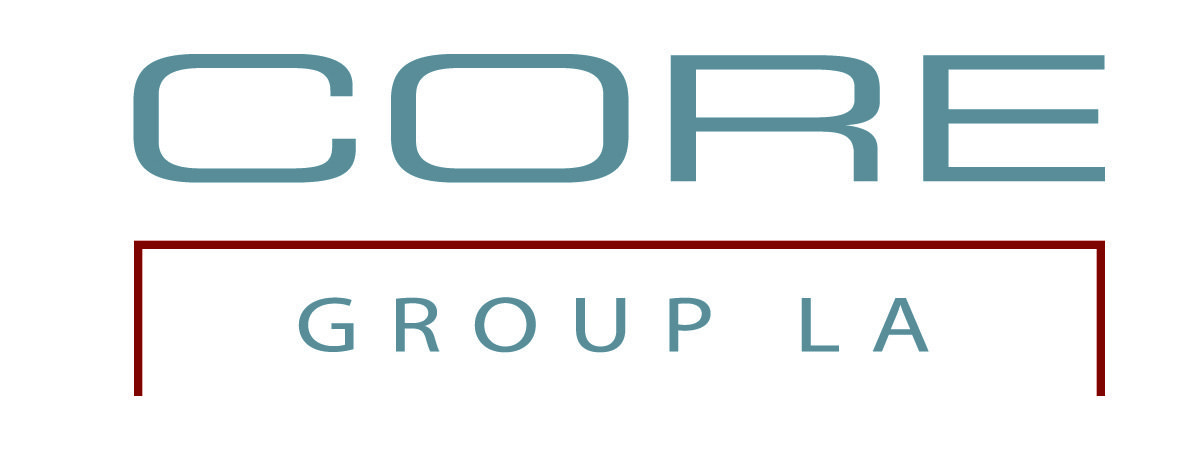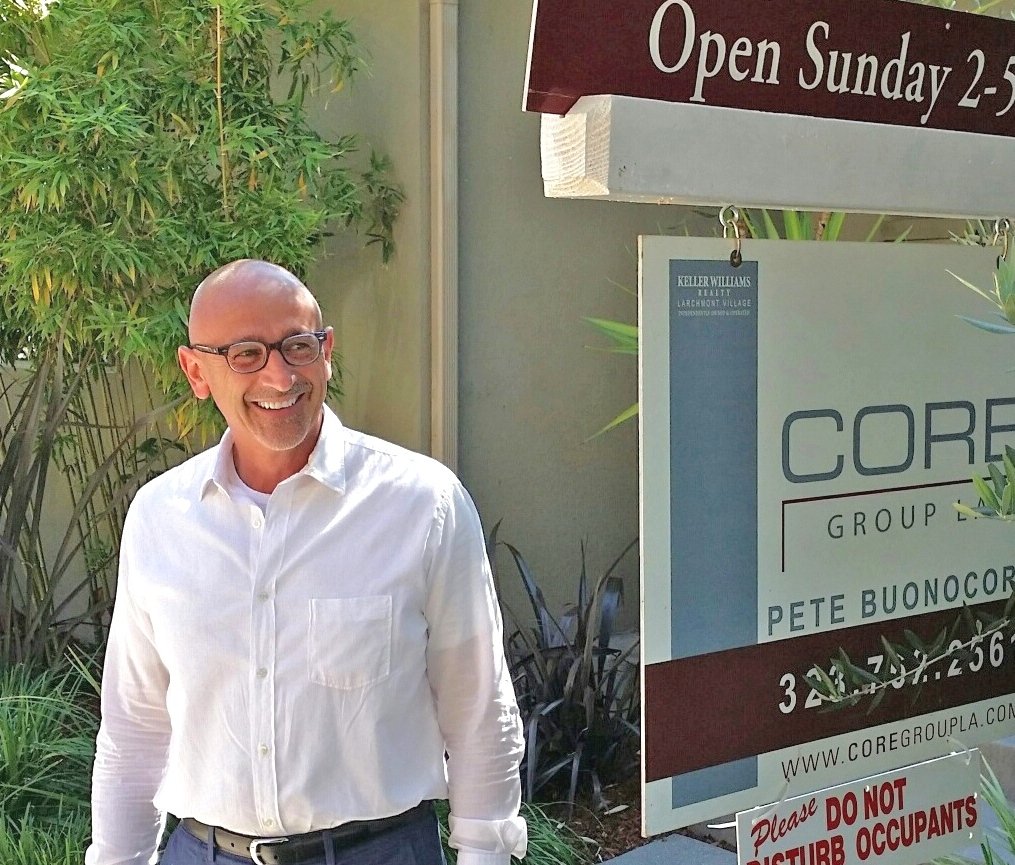
FROM FORBES: If you lived through the recent real estate and economic recessions, the very headline of this article might cause you some emotional pain. Less than ten years ago, the country was swept with an economic crisis the likes of which our generation had never seen. I personally remember driving down the street in California’s Central Valley and seeing “for sale” signs on practically one of every four houses. It felt like the market would never recover. Fast forward a few short years and now massive wealth is being built through real estate—often by average Joes. ( By David Greene)
Cash Flow
Cash flow is the money you have left over from the rent you’ve collected after all expenses have been paid. Most real estate has expenses such as a mortgage, property taxes, insurance, maintenance, and property management fees. When you buy a property that pulls in more rent each month than the expenses you carry to own it, your cash flow is positive.
In the majority of investments (stocks, art, jewelry, bitcoin, etc.), you are hoping to buy something that will appreciate in value, then sell it later for a profit. In some forms of investing (buying a poorly run business, for example), you may be buying something that produces income and hoping to improve that asset’s performance in order to increase its value. For most, this involves too much work and is undesirable. What we are left with is the subconscious understanding that to “invest” is to buy something you believe will be worth more later. If this is based on sound principles, it can work. If it’s not, it’s really more like gambling.
Those buying properties solely because prices were climbing and for no other reason have one exit strategy: sell later. They also only have one way to be successful: hope the property continues to appreciate. Any outcome other than these two is virtually guaranteed to lose money. During the crisis, when the music stopped and the market quit climbing, many of these so called “investors” lost their shirts. Real estate in general took a black eye, but was it real estate’s fault?
Wise investors don’t bet on appreciation. They purchase properties on a sound judgement that the property will generate more income than it costs to own. For these folks, who “cash flow” positively, they don’t care what the market does. If prices drop, they are safe. If prices rise, they have more options.
Appreciation
That said, appreciation, or the rising of home prices over time, is how the majority of wealth is built in real estate. This is the “home run” you hear of when people make a large windfall of money. While prices fluctuate, over the long run real estate values have always gone up, always, and there is no reason to think that is going to change.
One thing to consider when it comes to real estate appreciation affecting your ROI is the fact that appreciation combined with leverage offers huge returns. If you buy a property for $200,000 and it appreciates to $220,000, your property had made you a 10% return. However, you likely didn’t pay cash for the property and instead used the bank’s money. If you consider that you may have put 10% down ($20,000), you actually have doubled your investment, a 100% return.
Depreciation
Even though the name can be deceiving, depreciation is not the value of real estate dropping. It is actually a tax term describing your ability to write off part of the value of the asset itself every year. This significantly reduces the tax burden on the money you do make, giving you one more reason real estate protects your wealth while growing it.
Each year, on the residential real estate you have invested in, you can write off 1/27.5 of the properties value against the income you’ve generated. So for a house you bought for $200,000, you would divide that number by 27.5 to get $7,017. This is the amount you could write off the cash flow you earned for the year from that property. Many times, this is more than the entire cash flow and you can avoid taxes completely.
 You should consult a CPA for the details of this tax benefit, but the basic idea is that the government considers property you buy to be slowly wearing down over time, and much like equipment for a business you own, you’re allowed to write off that wear and tear. Not a bad deal to own a property that makes you money, can increase in value, and also shelters you from taxes on the money you make.
You should consult a CPA for the details of this tax benefit, but the basic idea is that the government considers property you buy to be slowly wearing down over time, and much like equipment for a business you own, you’re allowed to write off that wear and tear. Not a bad deal to own a property that makes you money, can increase in value, and also shelters you from taxes on the money you make.
One caveat is this tax exemption does not apply to primary residences. Rental property tax is sheltered because it’s considered a business where you’re able to write off your expenses. This isn’t the case if you use the property as your primary residence, so owning investment property gives you an advantage here.
Leverage
If cash flow and rental income is my favorite part of owning real estate, leverage is a close second. By nature, real estate is one of the easiest assets to leverage I have ever come across—maybe the easiest. Not only is it easy to leverage the financing of it, but the terms are incredible compared to any other kind of loan. Interest rates are currently below 5%, down payments can be 20% or less, and loans are routinely amortized over 30-year periods. What else can you invest in using financing with terms like that?
When done correctly, you can often buy real estate, improve it’s value, then refinance to recover 100% (or more) of your capital using what I call the BRRRR strategy (Buy, Rehab, Rent, Refinance, Repeat). In the circumstances where I don’t recover 100% of my capital, I often find myself with an ROI in the 50-90% range—all while adding equity to the property as well.
Leverage is such a critical part of real estate ownership that we often take it for granted. Where else can I borrow money from A (the bank), pay that loan back with money from B (the tenant), and keep the difference for myself? The to safe leverage is cash flow. If you make sure your property produces more income than it costs to own, the leverage itself doesn’t matter as much. Those who “over leverage” property are those who borrow so much against it that they lose money every month.
Loan Pay Down
When you take out a loan to buy real estate, you typically pay it back with the rent money from the tenants. One of the best parts of investing in real estate is the fact that not only are you cash flowing, but you’re also slowly paying down your loan balance with each payment to the bank.
In the beginning of these loans, the majority of the payment is going towards the interest of the loan, not the principle. This means you aren’t making much of a dent in the loan balance until you’ve had the loan for a significant period of time. With each new payment, a larger portion goes towards the principle instead of the interest.
After enough time passes, a good chunk of every payment comes off the loan balance, and wealth is created in addition to the monthly cash flow. The best part is, it’s your tenant paying this off for you, not yourself. Paying off your loan is another way real estate investing works to grow your wealth passively, with each payment taking you one step closer towards financial freedom.
Forced Equity
Forced equity is a term used to refer to the wealth that is created when an investor does work to a property to make it worth more. Unlike appreciation, where you are at the mercy of the market and factors you cannot control, forced equity allows investors an option where they can have a hand in increasing their properties value.
The most common form of forced equity is to buy a fixer-upper type property and improve its condition. Paying below market value for a property that needs upgrades, then adding appliances, new flooring, paint, etc. can be a great way to create wealth through real estate without much risk. While this is the most common method, it’s not the only one.
Many investors force equity by adding features like extra bedrooms, bathrooms or square footage. The key is to look for properties with less than the ideal number of amenities, and then add what they are lacking to create the most value.
Example of this would be adding a third or fourth bedroom to a property with only two, adding a second bathroom to a property with only one, or adding more square footage to a property with less than the surrounding houses. Opportunities like this can be found with a little bit of hard work diligence, and the resulting forced equity can make a big impact on your bottom line.
Inflation
It may not be talked about often enough, but inflation is a huge reason why real estate creates wealth so powerfully over time. When you consider all the benefits of investing in real estate, then include inflation, it’s amazing why more people aren’t taking the steps necessary to own as much real estate as they can.
Let’s take a moment to consider how inflation affects real estate prices. In general, overall, our money supply is worth less and less with each passing year. As the value of money decreases, the price of goods and services increases. Many of us take this for granted and don’t think about it much. It’s not uncommon to hear about how five cents used to buy a bottle of coke, or a hamburger could be purchased for a dime. While it’s easy to take for granted, it’s actually an incredibly powerful wealth-building tool when harnessed  appropriately.
appropriately.
The key to using inflation to build wealth in real estate lies in the fact the majority of your big expenses (mortgage, property taxes) stay fixed for the majority of the time you own the property. When you combine this with rising rents and home values (due to inflation), you start to see big results. If we know it’s reasonable to expect inflation to continue, why not invest in an asset where this will benefit you?
Many people understand that real estate can create wealth, but not everyone understands why. I hope this shines a little light on the reasons investing in real estate can grow your wealth so effectively.
There are many ways to build wealth in America, but real estate might be the safest, steadiest and simplest way to do so.
Written By David Greene for FORBES/ Forbes.com
Photo by Jens Behrmann on Unsplash
Photo by Madison Kaminski on Unsplash

 “The Spring home buying season is an improvement over last year from an inventory perspective nationwide, but would-be buyers still face challenges,” Chief Economist Danielle Hale of realtor.com said in a statement. “This year, shoppers are going to be grappling with their budgets, rather than competition from a horde of other buyers.”
“The Spring home buying season is an improvement over last year from an inventory perspective nationwide, but would-be buyers still face challenges,” Chief Economist Danielle Hale of realtor.com said in a statement. “This year, shoppers are going to be grappling with their budgets, rather than competition from a horde of other buyers.”![]()















